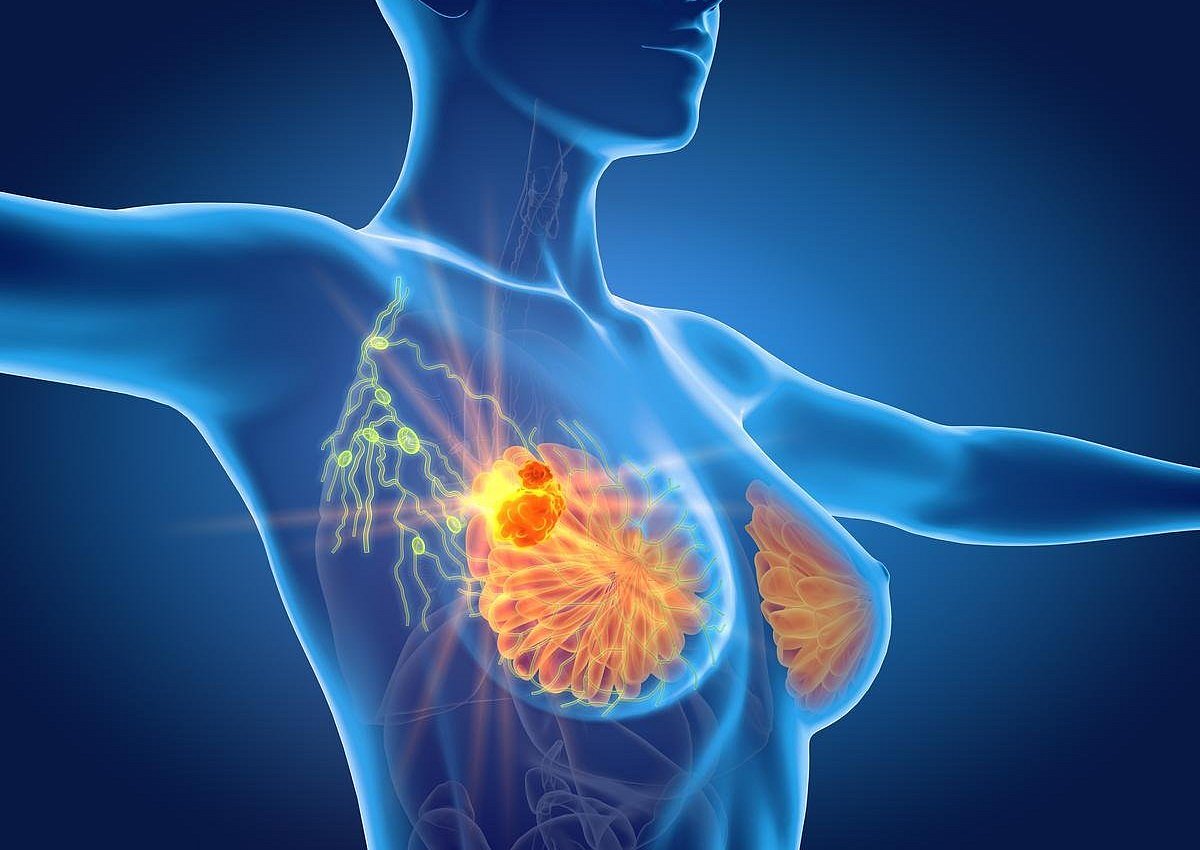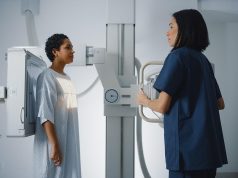Breast cancer-related lymphedema diagnostic agreement moderate at best for commonly used diagnostic criteria
By Elana Gotkine HealthDay Reporter
THURSDAY, April 24, 2025 (HealthDay News) — Different measurement tools and diagnostic criteria show low-to-moderate agreement for diagnosing breast cancer-related lymphedema (BCRL), according to a study published in the April issue of Rehabilitation Oncology.
Cheryl L. Brunelle, P.T., from Massachusetts General Hospital in Boston, and colleagues examined diagnostic agreement among commonly utilized diagnostic thresholds for BCRL among 60 patients measured using four methods: tape measure (every 4 cm [Q4] and National Lymphedema Network [NLN] methods) converted to volume, optoelectronic limb volumetry, and bioimpedance spectroscopy (BIS). Relative volume change (RVC) ≥10 percent, absolute volume difference ≥10 percent, and L-Dex scores >6.5 or >10 with and without preoperative baseline were compared as diagnostic thresholds.
Data were analyzed from 57 participants; 36.8 percent were diagnosed with BCRL (RVC ≥10 percent). The researchers found that when BCRL diagnosis included preoperative baseline, poor and insignificant diagnostic agreement was seen between RVC ≥10 percent and L-Dex increase ≥6.5 (Cohen’s kappa, −0.083). Fair diagnostic agreement was seen between diagnosis made with versus without incorporation of preoperative baseline measurement (with preoperative baseline RVC and BIS: Cohen’s kappa, 0.233; without preoperative baseline NLN, Q4, volumeter, or BIS without baseline: Cohen’s kappa, 0.308); moderate agreement was seen for diagnosis via RVC versus volumeter (Cohen’s kappa, 0.531). No diagnostic agreement was seen between L-Dex increase ≥6.5 from baseline and measures without preoperative baseline (NLN, Q4, and volumeter) for the 21 patients with BIS baseline.
“Our findings highlight the unacceptably low levels of agreement between different tests for recognizing this complication, and the urgent need to establish standardized diagnostic criteria,” Brunelle said in a statement.
Copyright © 2025 HealthDay. All rights reserved.








